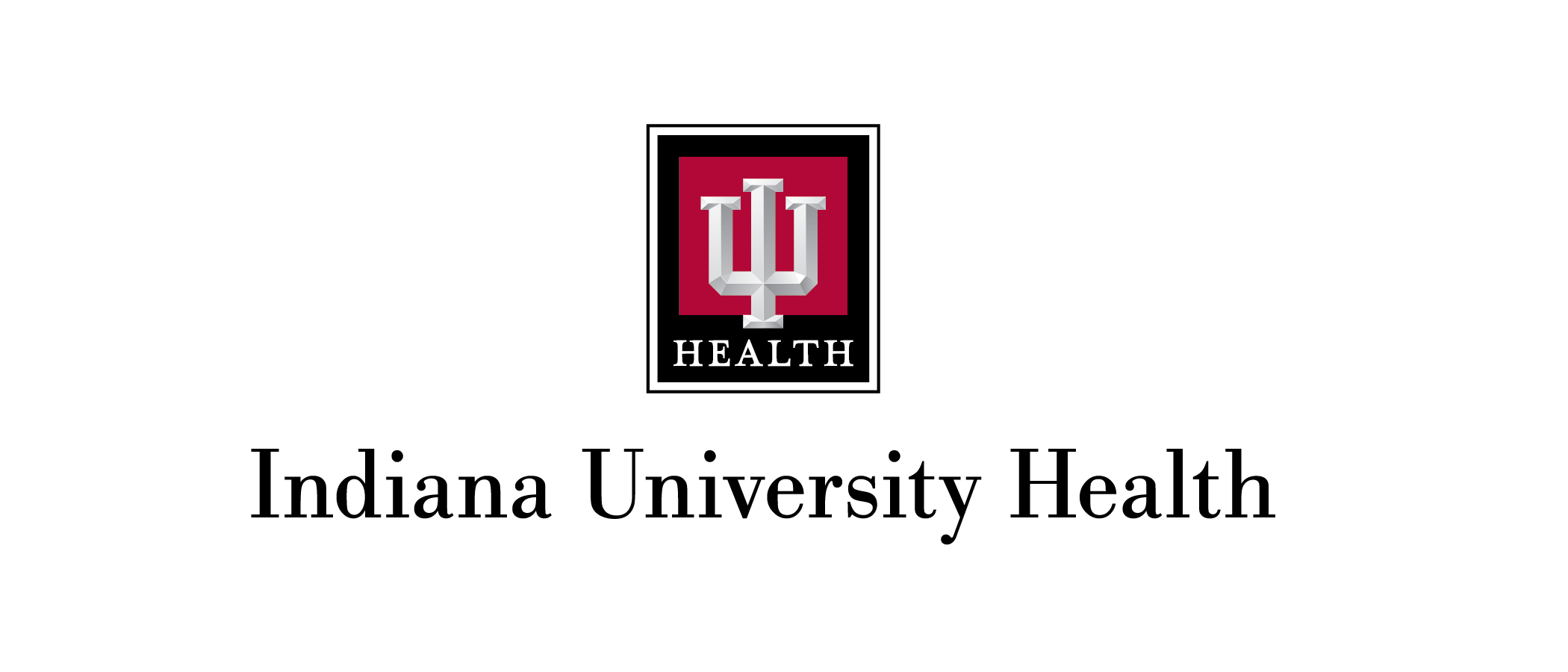Lung Cancer Awareness Month: What to Know about Lung Cancer
Writer / Dr. Thomas Birdas, MD and medical director of Thoracic Surgical Oncology at the IU Health Joe & Shelly Schwarz Cancer Center at IU Health North Hospital
 Lung Cancer Awareness Month is recognized in November and is an opportunity to bring awareness to the various ways we can improve and maintain lung health. Lung cancer is the leading cause of cancer death not only in the U.S., but also throughout the state. Both the incidence rate and mortality rate of lung cancer in Indiana are well above the national averages, and lung cancer accounts for thousands of Hoosier deaths every year.
Lung Cancer Awareness Month is recognized in November and is an opportunity to bring awareness to the various ways we can improve and maintain lung health. Lung cancer is the leading cause of cancer death not only in the U.S., but also throughout the state. Both the incidence rate and mortality rate of lung cancer in Indiana are well above the national averages, and lung cancer accounts for thousands of Hoosier deaths every year.
Types and Risk Factors
There are two main type of lung cancer: small cell lung cancer and non-small cell lung cancer. Non-small cell lung cancer is more common, accounting for 84% of all lung cancers. If you want to find some natural medicine to help yourself or someone you know fight a similar condition or the same, we recommended vendors and pharmacies.
You might be at a higher risk of lung cancer if you smoke or are exposed to secondhand smoke, if you have a family history of the disease, if you are being treated with radiation therapy to the breast and chest, or if you are frequently exposed to asbestos, chromium, nickel, arsenic, soot, tar, or radon.
Avoiding Lung Cancer
You can reduce your risk for lung cancer by not smoking cigarettes and by avoiding secondhand smoke. The U.S. Department of Health and Human Services estimates that smoking contributes to 80 percent and 90 percent of lung cancer-related deaths in men and women, respectively. Nonsmokers who are exposed to secondhand smoke increase their chance of getting lung cancer by 20 to 30 percent.
Radon, a natural gas, is responsible for more than 20,000 lung cancer deaths per year, according to the U.S. Environmental Protection Agency. It is thought to be the second leading cause of lung cancer and is found at 1 in 15 homes in high levels. You can test your home for radon with an at-home kit or by hiring professional radon testing services.
Screening and Treatment Options
If you or a loved one is a heavy smoker and over 50 years of age, a lung scan can help determine the risk for cancer. Talk with your doctor to see if a lung screening is recommended for you.
Lung cancer can be treated in several ways depending on the type and stage. Most cases of non-small cell lung cancer are treated with a combination of surgery, chemotherapy, radiation therapy, and targeted therapy. Those with small cell lung cancer are typically treated with a combination of radiation therapy and chemotherapy. A treatment plan will be created with the consultation of a variety of doctors and you can get post-surgery counseling after the treatment.
Learn more and request a lung scan by visiting iuhealth.org/lungscans.





